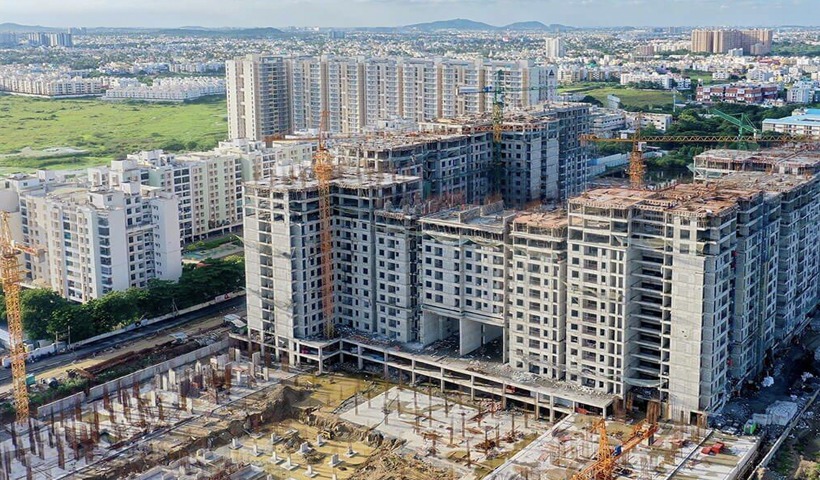Bombay High Court Declares Transit Rent as Non-Taxable
In a landmark decision that promises to reshape the landscape of real estate redevelopment projects in India, the Bombay High Court has ruled that transit rent paid by developers to tenants during the period of redevelopment is a capital receipt and thus, not subject to income tax. This ruling not only clarifies the tax status of such payments but also alleviates the financial burden on tenants displaced by redevelopment activities. This blog post explores the implications of this decision and its potential impact on both tenants and developers.
Understanding the Context
Transit rent is commonly paid to tenants when they are temporarily relocated due to the redevelopment of their original residential or commercial premises. This compensation is intended to cover their accommodation costs during the construction period. Unlike regular rent,
which is a periodic payment for the use of property, transit rent is a one-time compensation for the inconvenience and hardship caused by displacement.

The High Court’s Judgment
In the case of Sarfaraz S Furniturewalla versus Afshan Sllharfali Ashok Kumar & Ors, Justice Rajesh S Patil of the Bombay High Court provided a pivotal judgment stating that transit rent should be classified as a capital receipt rather than a revenue receipt. The court observed that transit rent is akin to a hardship allowance or rehabilitation allowance provided to tenants, distinguishing it from typical rental income, which is considered a revenue receipt and thus taxable. The judgment elaborated that the ordinary meaning of rent involves a payment made by a tenant to a landlord for the usage of property. However, transit rent, according to the court, is paid to offset the hardship faced by tenants due to dispossession and temporary relocation, thereby not fitting into the traditional framework of rental income.

Implications for Tenants
For tenants, this ruling is a significant relief. It means that the compensation they receive as transit rent during the redevelopment period is not taxable. This decision alleviates the financial burden on displaced tenants, ensuring that the full amount of the transit rent goes towards facilitating their accommodation needs without the deduction of taxes. Tenants can now receive their full compensation, which helps them manage living arrangements without compromise during the redevelopment period.
Impact on Real Estate Developers
For developers, this ruling clarifies the fiscal responsibilities involved in redevelopment projects. By excluding transit rent from being taxed as income, developers are also absolved from the obligation to deduct TDS (tax deducted at source) on these payments. This simplification of the
financial transactions involved can make the process more straightforward and might encourage more developers to undertake redevelopment projects, knowing that the rules regarding transit rent are clearly defined and more favorable.
Broader Impact on the Real Estate Market
This judgment could have far-reaching effects on the real estate market, particularly in urban areas where redevelopment projects are prevalent. By making redevelopment endeavors financially and logistically more feasible for both tenants and developers, the ruling may lead to
an increase in such projects. This could help in the modernization of aging infrastructure and in meeting the housing demands in growing urban centers. Furthermore, this decision might set a precedent for other courts and jurisdictions, potentially leading to a standardized approach towards the treatment of transit rent across India. As more clarity is provided and legal uncertainties are mitigated, the real estate market could see increased activity and investment in redevelopment projects.
Conclusion : The Bombay High Court’s ruling that transit rent is a capital receipt and not taxable is a landmark decision with significant implications for the real estate sector. It provides much-needed relief to tenants, simplifies the tax obligations for developers, and could potentially spur more redevelopment projects across urban India. By ensuring that tenants are not taxed on the compensation received for their displacement, the court has upheld the principle of fairness and
non-duplication in the taxation landscape. This judgment not only supports the tenants’ rights during redevelopment but also contributes to a clearer, more predictable business environment for real estate developers.
Disclaimer: The views expressed above are for informational purposes only based on industry reports and related news stories. Property Pistol does not guarantee the accuracy, completeness, or reliability of the information and shall not be held responsible for any action taken based on the published information.




